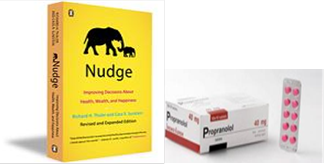To kill or to violate?
By Charles Foster
A highly intelligent 32 year old woman has profound anorexia. She has had it for years. It is complicated by alcohol and opiate dependency, and by personality disorder. Her BMI is 11.3. A healthy BMI is around 20. Less than 17.7 is in the anorexic range. Less than 14 indicates dangerous weight loss. Over the last 4 years her BMI has been well below 14. She describes her life as ‘pure torment’. All the things she wanted to do have been frustrated by her illness. She feels unable to give anything to the world, or to take anything out. For years she has had intense treatment for her anorexia and related conditions. On about 10 occasions she has been sectioned under the Mental Health Act. One of those periods lasted almost 4 months. Twice she has executed advance decisions refusing life-saving or life-prolonging treatment.
There are only two options: death or the violation of her autonomy . If she is not admitted against her will to hospital, detained there for not less than a year, and forcibly fed under physical or chemical restraint, she will die. She understands this perfectly well. She doesn’t actively seek death, but doesn’t want to be force fed. As well as the anorexic’s usual horror of calories, the forcible medical administration of nutrition reminds her horribly of the sexual abuse she suffered as a child.Read More »To kill or to violate?





